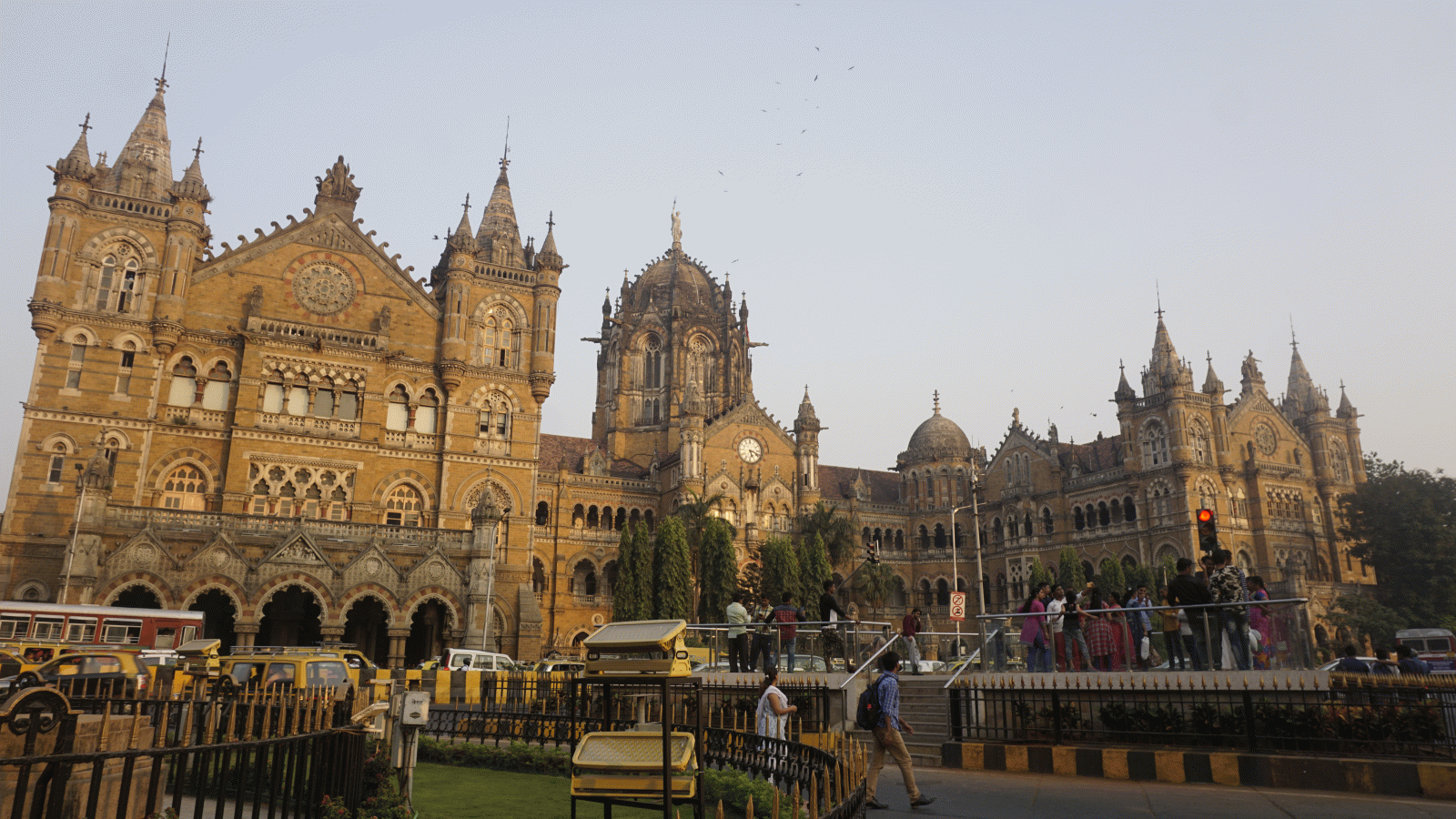4A Lab Seminar
Shraddha Bhatawadekar: A Place of Hybrid Encounters. Heritage Biography of a Railway Station

Chhatrapati Shivaji Maharaj Terminus (erstwhile Victoria Terminus) Photo Shraddha Bhatawadekar, 2017
Functional railway stations are fascinating places that subsume different aspects of what we commonly deem as heritage, such as “cultural,” “living,” and “industrial.” Although their study could significantly contribute to expanding our understanding of heritage, their potential to contribute to the discussion remains less explored. Dominant heritage discourses, particularly those revolving around World Heritage Sites, tend to foreground built heritage and focus on mere architectural and aesthetic values, while neglecting the functional and living aspects of these sites – as often observed in the Indian context. Moreover, the heritage discussion is often wrought with dualisms, such as tangible-intangible, monument-everyday, expert-laypeople, etc. This research aims to broaden the notion of heritage through the case study of Victoria Terminus, now Chhatrapati Shivaji Maharaj Terminus (henceforth abbr. CSMT), a World Heritage Site located in Mumbai, India.
Built in the 19th century as the principal terminus and headquarters of the Great Indian Peninsula Railway Company, the first railways in India were introduced from CSMT on 16th April 1853. Following the demolition of the temporary station (called Boree Bunder), a new station and the administrative building were built in the 1880s (named Victoria Terminus until 1996), both still in use in the post-independence period. CSMT serves as the headquarters of Central Railway, an entity of the Government of India. The station, with its 18 platforms, caters to both suburban and long distance traffic. The administrative building, designed by Frederick William Stevens, has been termed as the climax of Neo-Gothic style in Mumbai and has become the focus of the World Heritage discussion. While CSMT has undergone several transformations in time and space, the contribution of its shifting contexts and everyday functionality to heritage and meaning-making remains understudied. The symbolism and the social functions of the railway station, particularly within its colonial and postcolonial contexts, also need to be critically investigated.
This research aims to expand the notion of heritage by using an object biography approach. It goes beyond the narrow approaches currently existing on site that position VT’s heritage into the architecture and aesthetics of the main administrative building. It intends to show how the heritage of the place is constituted through the dialogue between people, place, and the objects associated to it. It investigates the lifecycle of the place, its temporal-spatial contexts, and the agency of both people and objects in shaping meanings. It also explores how the everyday is entangled with dominant discourses, and how these aspects together contribute to heritage significance. Through this biographical lens, heritage emerges as a process, performance, and negotiation shaped by both materiality and discourse. It reveals how the entanglement of people, objects, and meanings on site results in hybridity, thereby transcending dualism and broadening the notion of heritage.
Shraddha Bhatawadekar is a Research Associate at the Brandenburg University of Technology, Cottbus-Senftenberg and is affiliated with the DFG-Research Training Group 1913 “Cultural and Technological Significance of Historic Buildings” at the university. In her recently defended Ph.D. dissertation, titled A Place of Hybrid Encounters: Heritage Biography of a Railway Station, she investigates the multi-layered dimensions of railway heritage through the example of Victoria Terminus (now Chhatrapati Shivaji Maharaj Terminus) in Mumbai. Trained as an archaeologist, she has worked in the field of heritage management in India for over a decade. She takes special interest in education and outreach. She has initiated various courses and trainings and also conducted heritage walks in Mumbai for diverse audiences. Shraddha Bhatawadekar has published articles in various journals and newspapers on cultural heritage topics. She is a recipient of Fulbright-Nehru Academic and Professional Excellence Fellowship, USA (2015–16) and Alexander von Humboldt German Chancellor Fellowship, Germany (2016–17). She is currently working on developing a research project on decolonising museum narratives in collaboration with the Brandenburg University of Technology, Cottbus-Senftenberg and the Research and Fellowship Program 4A Laboratory: Art Histories, Archaeologies, Anthropologies, Aesthetics at the Kunsthistorisches Institut in Florenz – Max-Planck-Institut.
20 June 2022, 4:00pm
This event will take place in a hybrid format.
Venue (for invited guests only)
Kunstgewerbemuseum
Kulturforum
Matthäikirchplatz
10785 Berlin/Germany
To partcipate via Zoom, please register in advance by writing an email to 4a_lab@khi.fi.it
After registering, you will receive a confirmation email containing information about joining the meeting.
Notice
This event will be documented photographically and/or recorded on video. Please let us know if you do not agree with the Kunsthistorisches Institut in Florenz using images in which you might be recognizable for event documentation and public relation purposes (e.g. social media).


